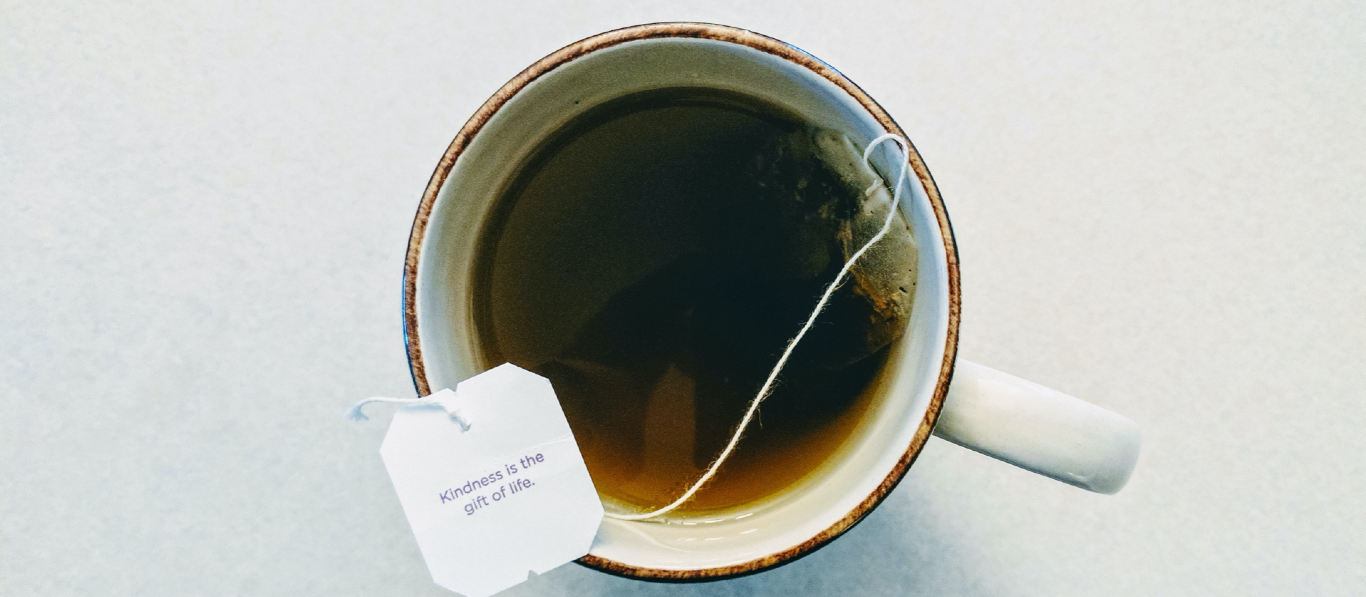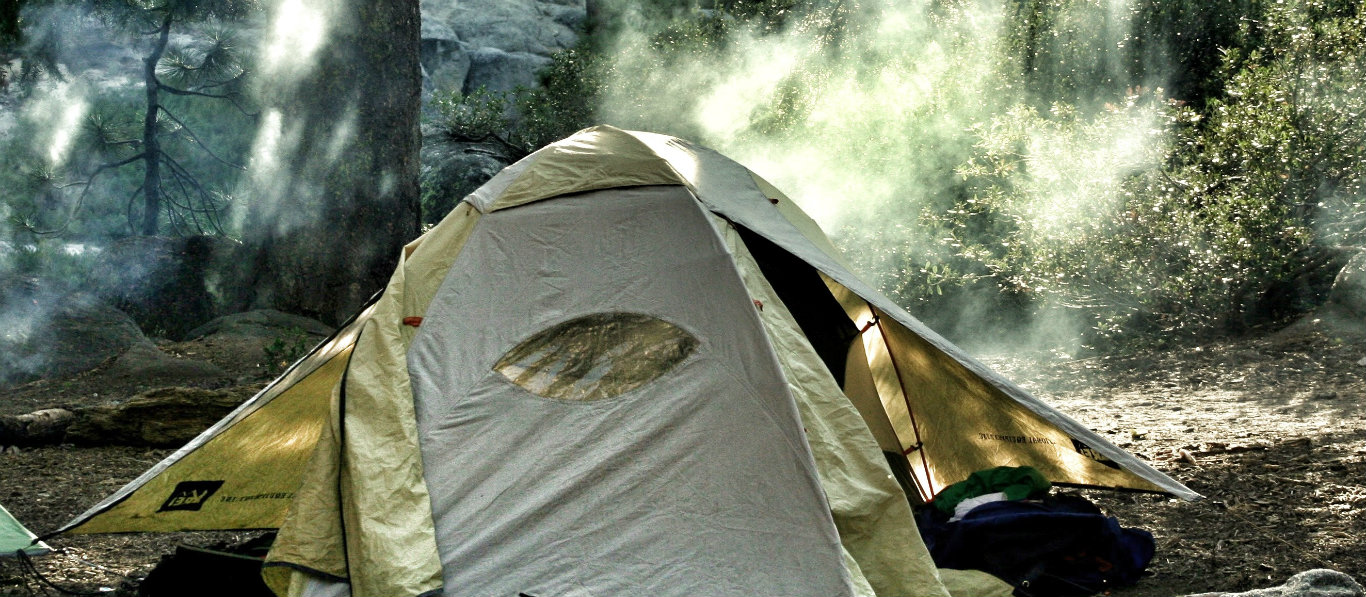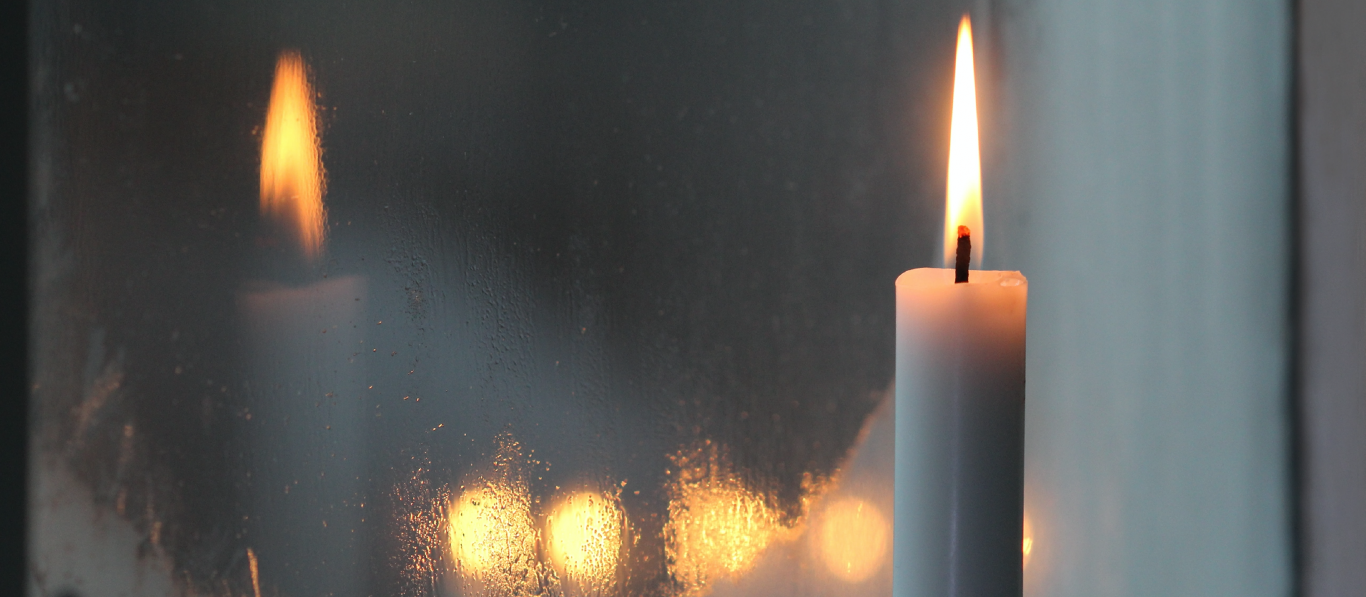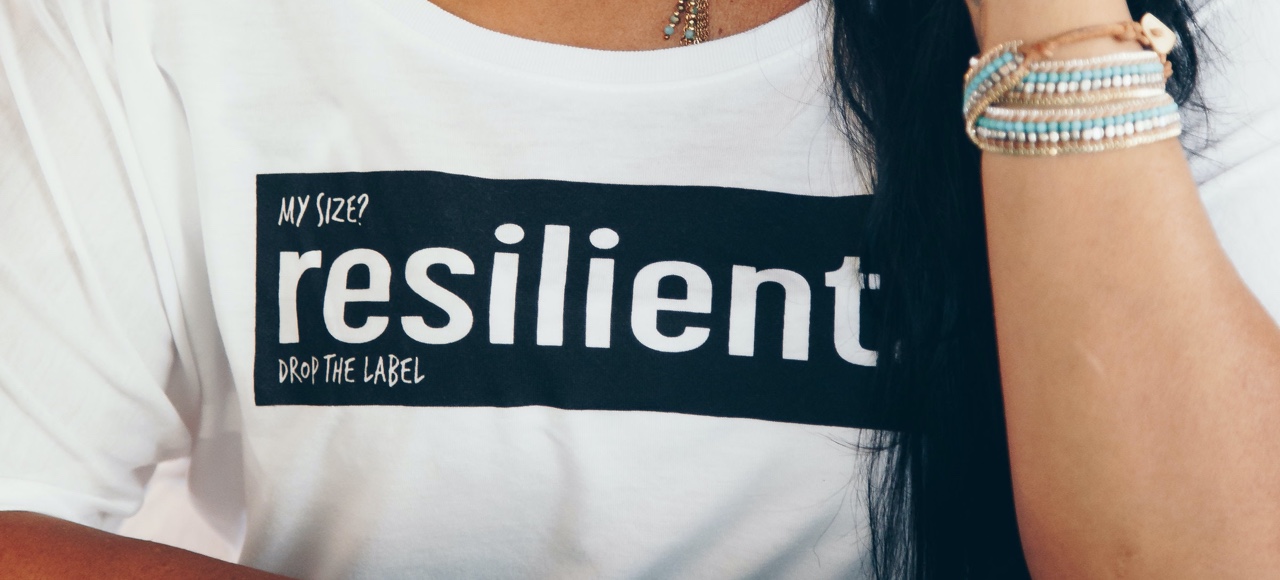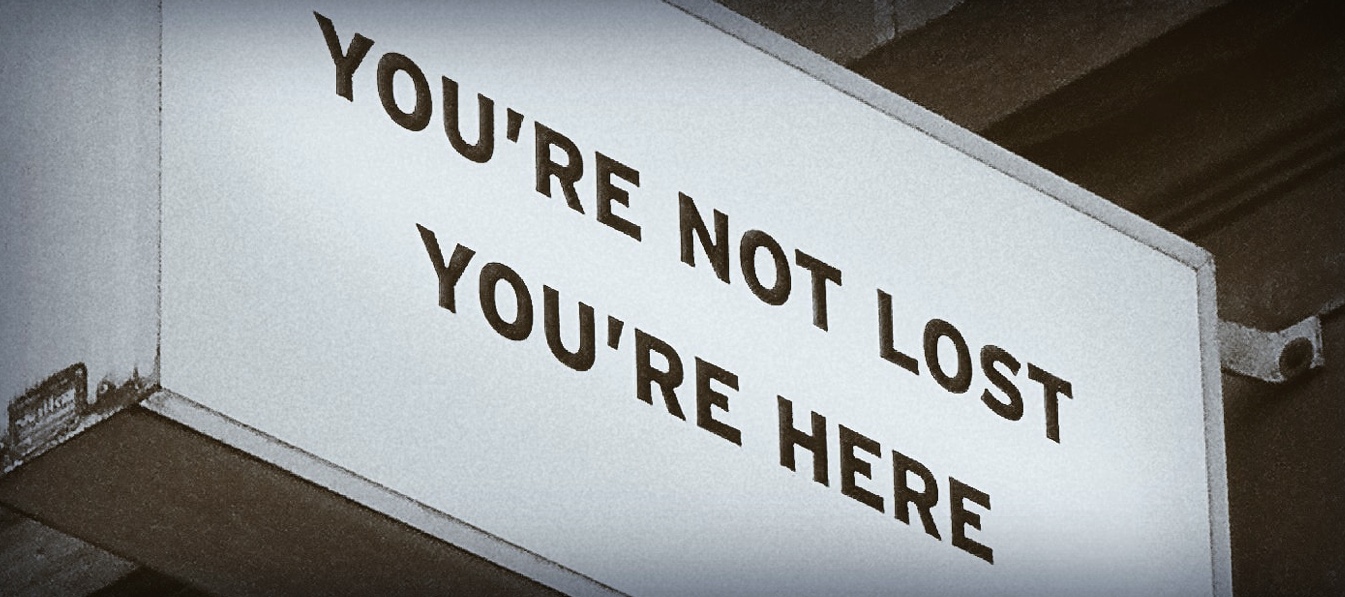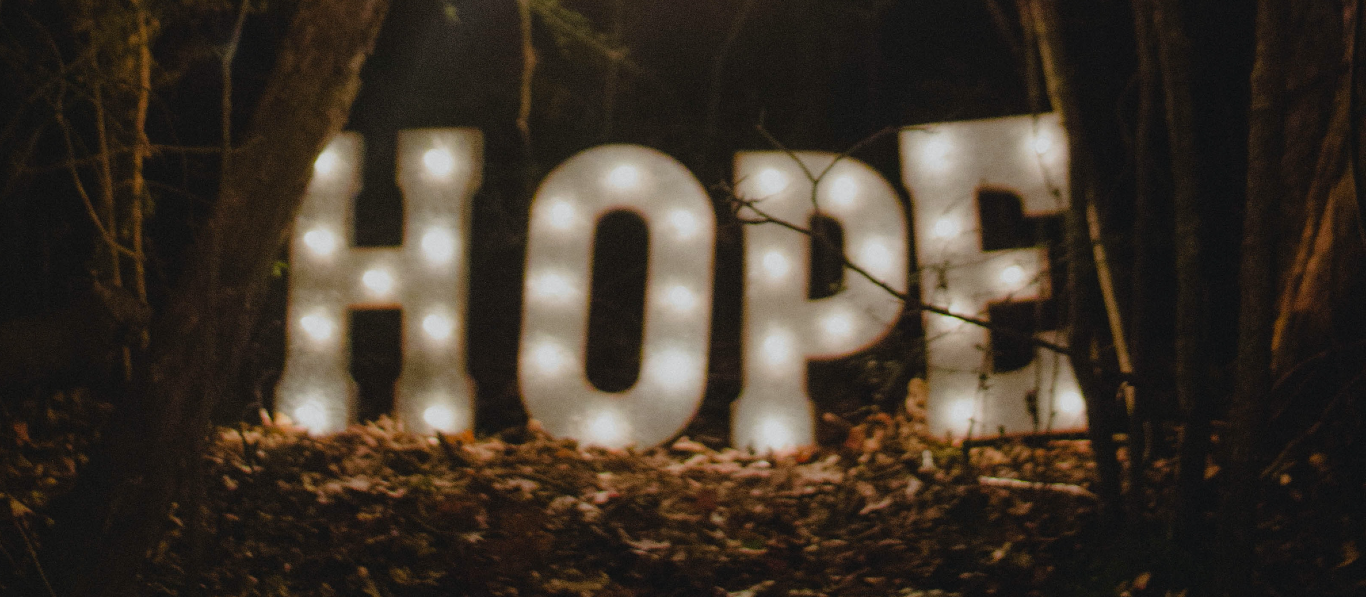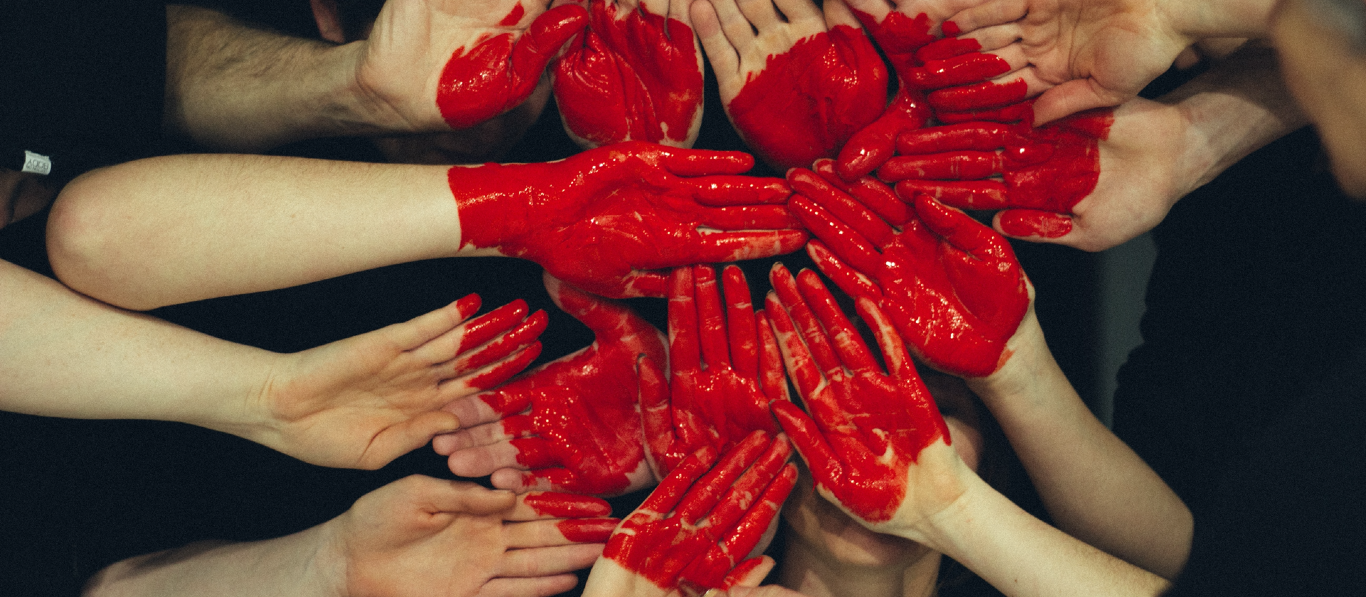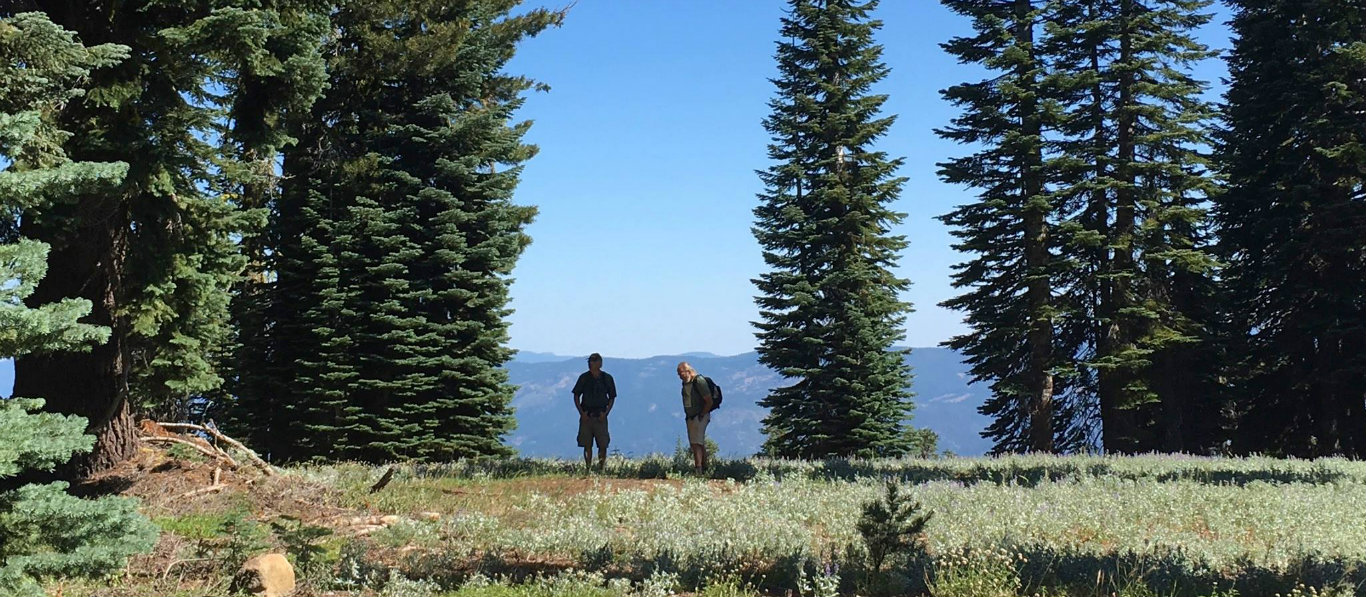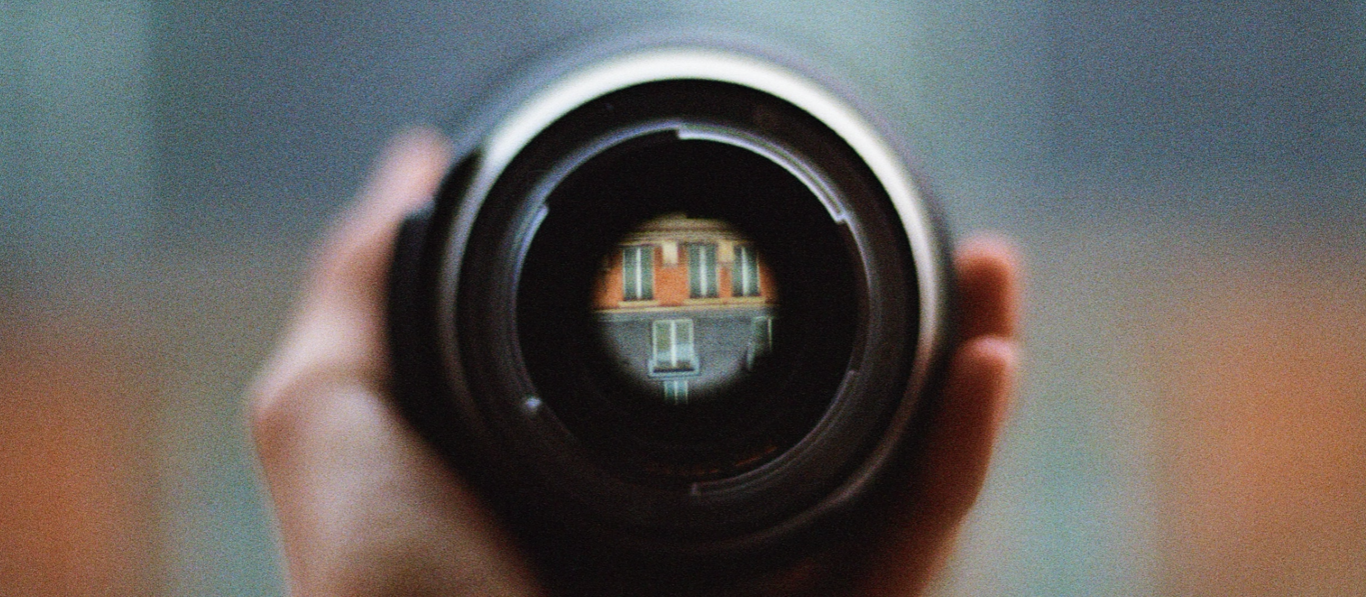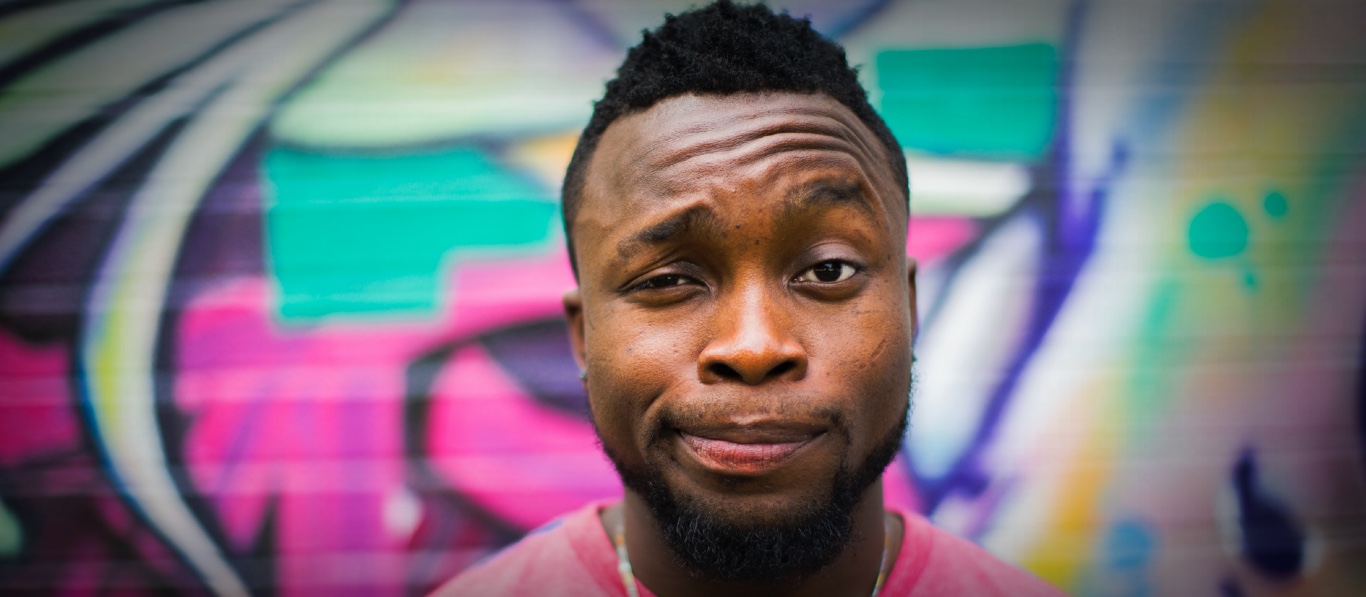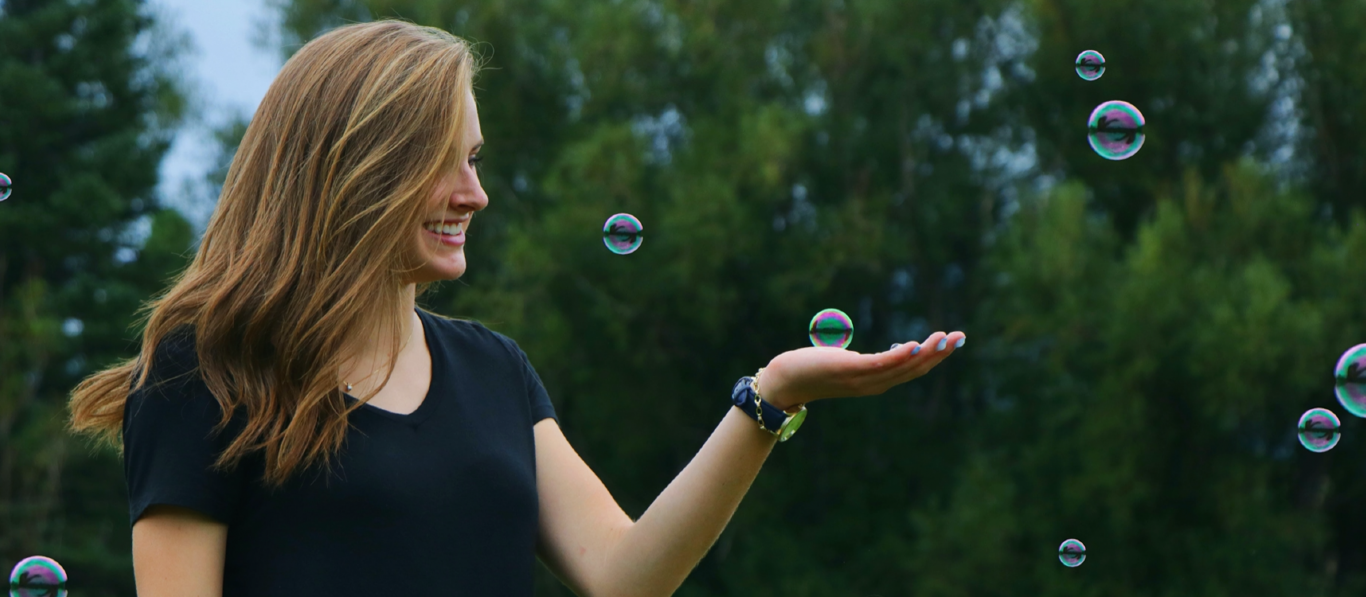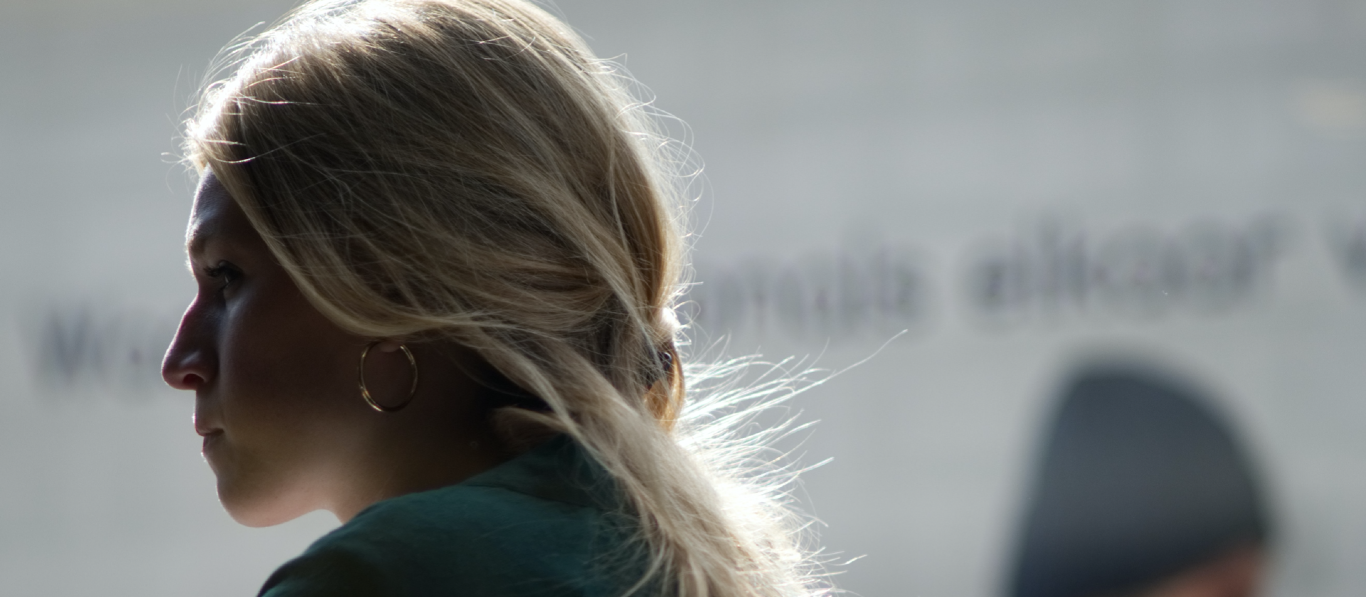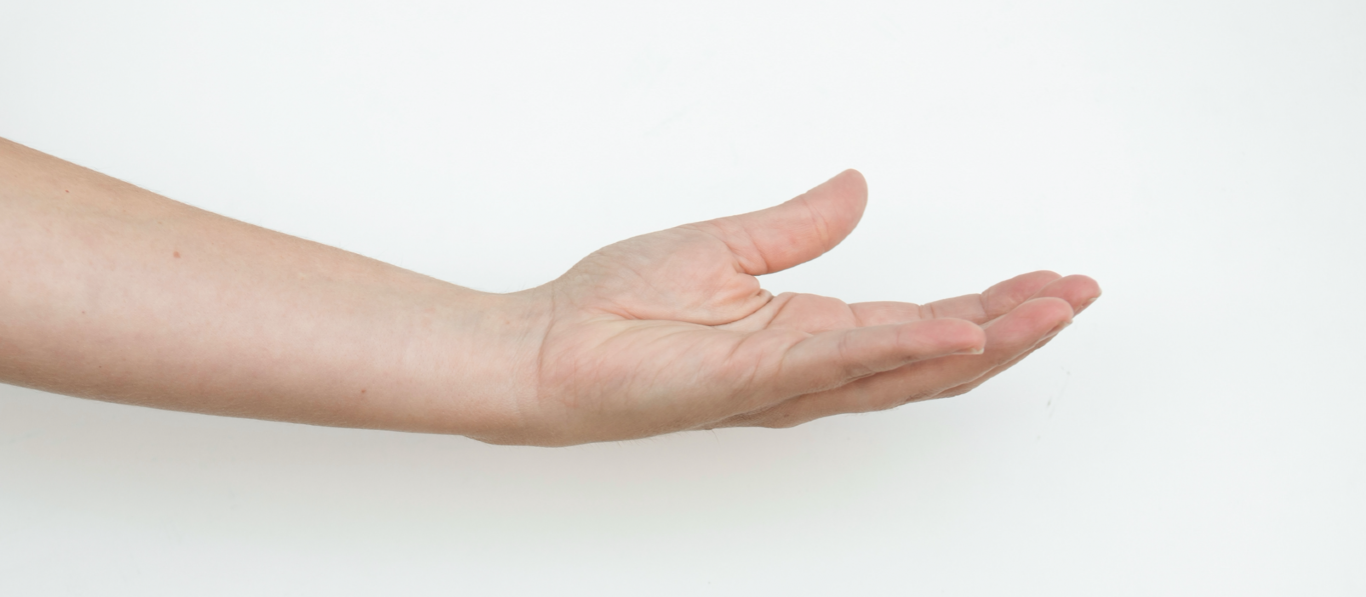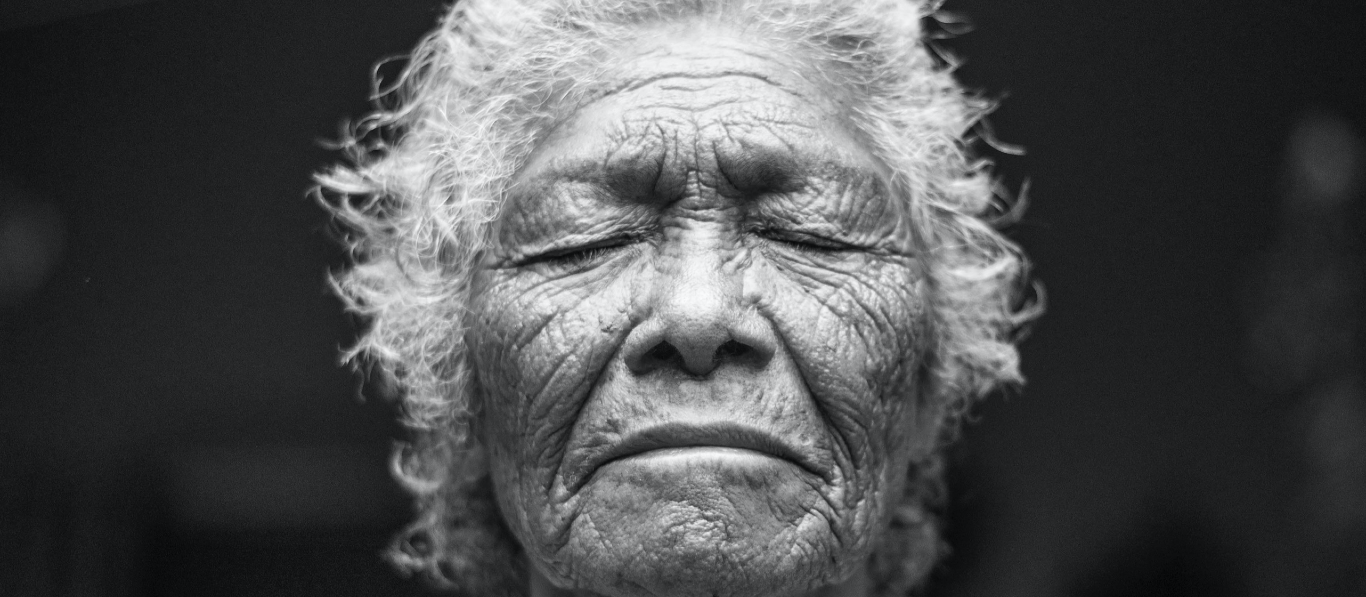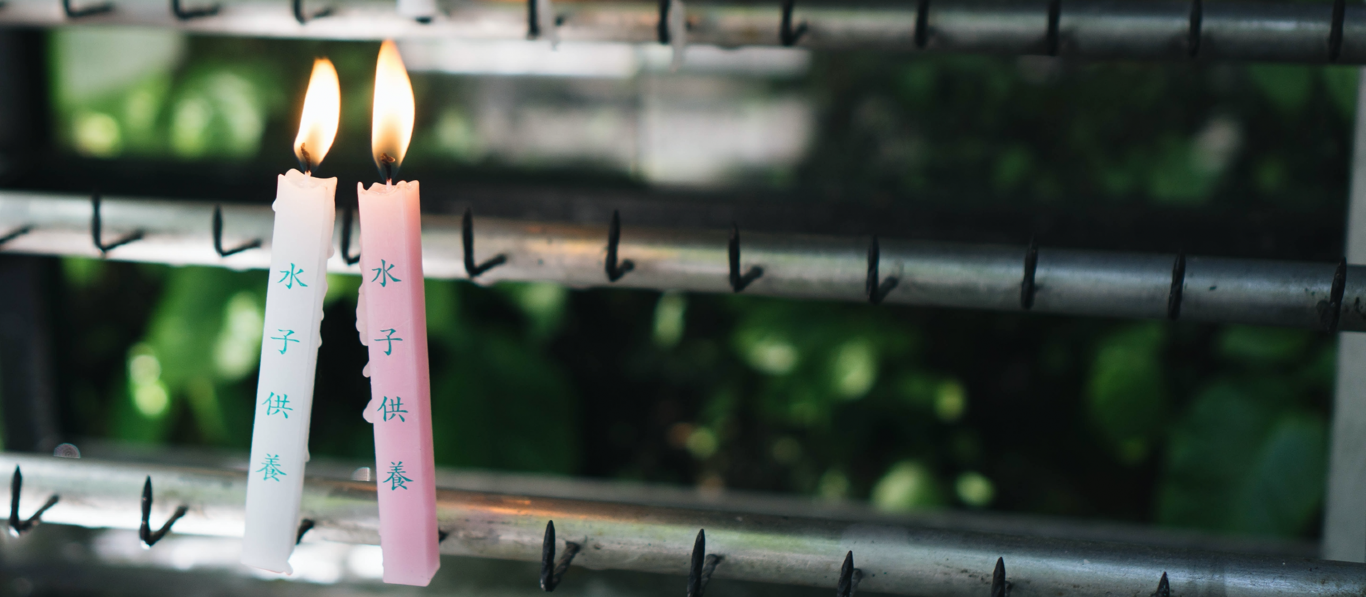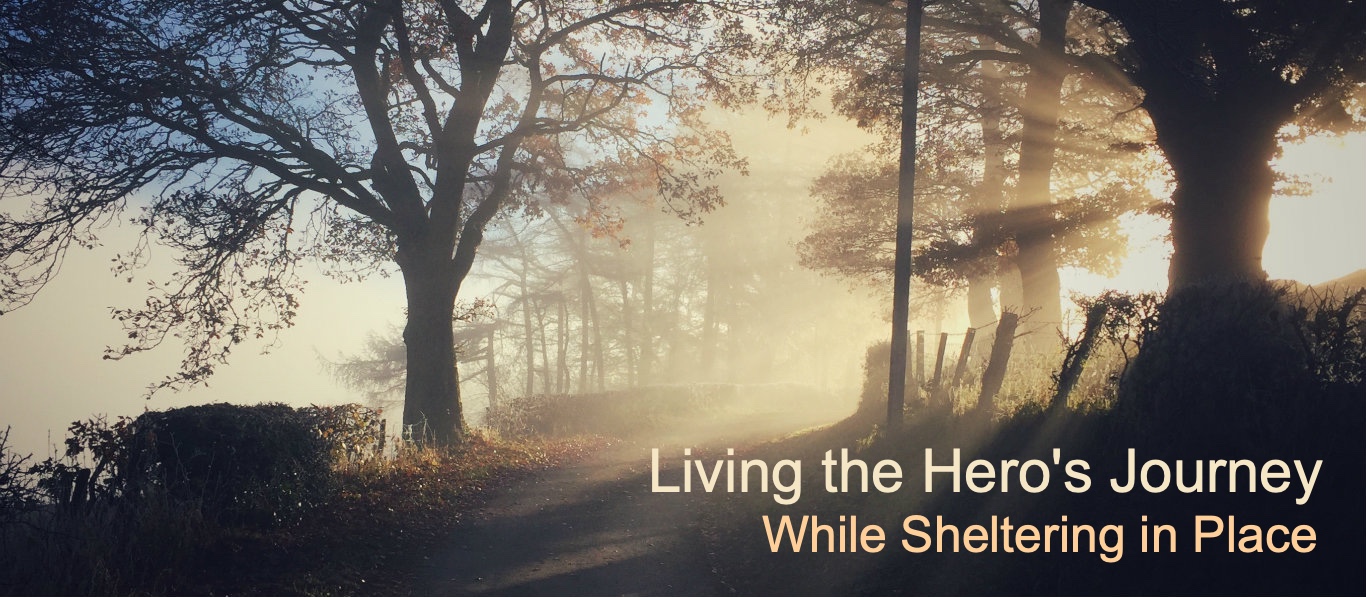Your Journey challenges and navigation tools are chosen by you, at
They are not necessarily to be done sequentially, but as you are drawn to them.
Some will be completed once, others you will want to come back to repeatedly.
It is up to you.
1. NORMALIZE WHAT YOU CAN
So much has been disrupted in our lives; there is very little that we can call ‘normal’. Our most basic expectations for the future, for our daily living, has been set aside, or has ended. When so many things have been taken away from us, our wellness and sense of security depends on our ability to hold on to those activities we still have.
What routine activities allow your life to feel ‘normal’ once again – if even just for a brief period of time?
Find two or three activities that you can do on a regular basis that allow you to feel, for the moment, that your life is yours, and that something still feels normal.
2. BUILD YOUR TOLERANCE FOR THE UNKNOWN
Everyone has a natural resistance to facing what they do not know, and even more so, for what cannot be known. It takes a great deal of courage and faith to accept what is yet to be known, and surrender to living into it, rather than anxiously trying to control it.
It is a strength to accept the unknown as it comes. Learn to build your capacity to face the unknown, and live into it.
3. ACCEPT BEING OVERWHELMED AT TIMES
Remember that the moments when you feel defeated or undone are temporary. They pass. We have to accept that setbacks are a part of the process of adapting.
When you feel small and not up to the task, take breather. Stop. Set aside your agenda. Let the mood pass. Wait it out. It is temporary!
4. DO YOUR DAILY ‘RESET’
Regain Your perspective.
Sometimes, we don’t even know we have lost our way, and we find ourselves becoming irritable, edgy and out of sorts. We need to regain a more realistic perspective on whatever it is we are dealing with in the moment. We need to pause, set things down, and take a few breaths.
Take a purposeful ‘5 Minute’ time out in your day, each day. Step away from the task at hand. Slow down. Ground down. Breathe.
5. ACKNOWLEDGE WHAT HAS BEEN LOST
Many of us have felt the basic expectations for our futures dissolve in unimaginable ways before our very eyes. Our work, our income, our meaningful life events, all of our social activities, many of our day-to day routines, our sense of place in the world – all the ordinary things of life suspended, upended, or ended. We will need to cultivate our ability to grieve what’s been lost to us.
Failures to acknowledge our loses creates agitation and irritability. This brings out our worst selves. Admit to what you are missing, what makes you feel sorrow.
6. BUILD YOUR SENSE OF RESILIENCE
It’s important to know that sometimes we just have to start over with how we think about our future, or what comes next. At times, this will be with small things, day to day. At other times, it will mean starting all over again in a big way. But this is a necessary part of life, and not to become a self-judgment or an indictment about being a personal failure.
It’s okay to start over, to reconsider your plans, or maybe just put things on hold for now.
Know that you can grow your capacity to start anew – to think and act in new ways.
7. ACKNOWLEDGE & RESPECT YOUR LIMITS
There is only so much you can do in a given day. There is only so much that you can adjust to in one sitting. There is only so much new reality you can face as it hits you. Keep in mind that you can only process so much new information about what is changing. Be willing to admit this to yourself, and know that you are only human. Be patient with your adjustment
Perhaps you are trying to do too much about a future that cannot be foreseen or predicted. You are doing the best you can with what you know.
8. ACCEPT THE NECESSITY OF DISORIENTATION
Feeling like our future is unraveling, or at times our very selves are coming undone, is a very unnerving and unsettling experience.
However, there are times when the ‘undoing’ of our lives is necessary, and even important. Sometimes, it puts in a position to orient in a whole new way, one that can be beneficial to our lives, once we get past the undoing of the old way.
Learning to wait and being able to endure the unknown is a necessary skill to be learned as human beings. The unknown often only makes itself known gradually.
9. BECOME CAPABLE OF THE UNEXPECTED
So often we rely on our expectations to gain a sense of security and control – in a world that is often beyond our control. Clinging to sameness, fixedness and control to feel safe can have the opposite effect of making us more anxious. We often expect and project the worst when we face the unknown. We can learn to open ourselves up to the realization that the unknown can bring unexpected goodness and meaningful experiences, especially when we are most vulnerable.
We must remain open to outcomes that are the opposite of what we expect and fear most – that goodness often awaits in our time of need.
10. LEARN TO RIDE THE UPS & DOWNS
FINDING VITALITY WITHIN THE ORDEALS WE FACE
It is important to learn that we can learn the most important things about our essential nature whenever we are put in the most trying circumstances in our lives.
Any time we move through a difficult while staying present to it, we come away with more of our self afterwards. This is a key understanding of the maturation and growth process as human beings.
11. KNOW YOUR CORE STRENGTHS
You are stronger than you know, and more capable than you realize. It is often the very intensity and challange of the ordeal that yields our abiding and true nature within us. It is said that the souls waits silenly within for just the right time to surface. Now is one of these times. Learn what strengths will arise most naturally from within you as you face an uncertain future, and learn to put these strengths to use as you participate in unnatural life circumstances.
Take the ‘VIA Character Strength Test’; then keep your five core strengths in mind.
12. RE-ORIENTING TO AUTHENTIC HOPE
Hope is a state of mind, not a state of the world. Hope is an orientation of the spirit, an orientation of the heart. It transcends the world that is immediately experienced, and is anchored somewhere beyond its horizons.
– Vaclev Havel
Gain a new orientation to an abiding kind of hope that comes from within, and serves as a light during times of darkness.
13. CONNECTING TO YOUR BEST RESOURCES
REACHING OUT TO PEOPLE THAT MATTER
We need each other. Right now. We need hearts capable of daring, a willingness to risk opening from a place of shelter. We practice this by purposefully reaching out to others, just for the sake of making contact. We connect simply for the sake of connecting. It takes us out of ourselves, and frees us from excessive self-concerns and fears that are born in isolation.
Pick up the phone. Reach out. Move past your awkwardness and hesitation. Don’t hold yourself back any longer. It is not useful.
14. GET OUT & GET INTO NATURE
Restoration requires that you move your body and clear your mind in the midst of something much larger than yourself – and to feel your place contained within a vast and living universe.
Nature does this for us, without even trying. Restoration just begins to happen when we can be immersed in something vast and wordless. We can feel awe and wonder once more.
Get offline. Get out into the living universe. Get reconnected to the non-human flow of life. Be restored.
15. ACCEPT THAT THE WORLD HAS BEEN INVERTED
Everything about life has been turned upside down for many of us. We must behave in ways that go against our nature, in order to protect ourselves and others from unnecessary risk and dangers. We must learn to think ‘counter-intuitively’ about our daily encounters and plans.
Learn how to practice mindfulness in our approaches to ordinary tasks and social approaches, in ways that can awaken us to new possibilities.
16. SHIFT YOUR LENS OF PERCEPTION
FROM AN ISOLATED ‘ME’ TO ‘ONE AMONG THE OTHERS’
Our sense of well-being hinges on the ability to experience oneself as an ordinary human being, one who is like many others – and not perpetually unique or different from everyone else. This is a kind of specialness we just cannot afford, particularly in times of great threat.
Gain a new appreciation for belonging to the world as one who is among the others, capable of sharing common ground and good will.
17. PRACTICE FEELING FOOLISH
Believe it or not, this is one of the most important skills you can learn on your journey, especially as you are challenged to go where you have not gone before.
Sometimes, there is simply no other way to pass through a threshold except by suspending self-judgment, and accept feeling awkward, insecure, incompetent or otherwise less-than-able. Feelings are not facts.
Let yourself enter encounters and circumstances that cause you to feel foolish. Don’t take yourself so seriously! It can be profoundly liberating.
18. ALLOW A LIGHTED-HEARTED SPIRIT OF PLAY – NO MATTER WHAT
We can easily be worn down by the weight of our responsibilities for others who depend on us, especially in times of great need and great uncertainty.
It is essential that we counter-balance our work loads and heavy burdens we carry with opportunities to engage in playful encounters and light-hearted exchanges with the world around us.
Learn to look sideways at things; actively engage your curiosity and creativity in your everyday encounters. Soften your gaze at the world.
19. MAKE ROOM FOR YOURSELF TO BE ANGRY AT TIMES
The human capacity for harnessing and expressing anger is healthy and necessary for a vital life. We understandably become angry about being unable to secure things that are important to us. The ‘daily micro-intrusions’ of our new reality.can feel like assaults to our sense of security. Make room for speaking your anger and frustrations.
Learn how to better recognize and express the inevitable moments of anger you feel as you adjust to the unexpected daily consequences of our new reality of sheltering in place, protecting our health, and securing our work.
20. BE USEFUL – BE OF SERVICE
SHIFT YOUR ‘LENS OF PERCEPTION’ FROM
AN ISOLATED ‘ME’ TO ‘ONE AMONG THE OTHERS’
Our spiritual well-being is uplifted my meaningful service; our sense of personal suffering is reduced by knowing that our actions are useful to others. All spiritual traditions embrace being of true service – living into a space where the role of giver and the role of receiver become indistunguishable.
Actively seek out opportunities to be of service to others, even if in the most basic and simple endeavors. Find that place where deep need and deep gladness meet – and exchange with each other.
21. PRACTICE LOVING KINDNESS
This practice encompasses both a mental attitude and benevolent action, which cultivates unselfishness, friendliness and equanimity through sustained practice. It is a practice of generosity of spirit, with strong wishes for the well-being and happiness of others. It flows beyond self-interest into goodwill and fellowship, and cultivates a sense of belonging to the goodness of the world. It is especially valuable and powerful in times like these.
Learn how to actively culitvate a Loving Kindness practice, towards yourself, towards specific others you know, and towards strangers who come across your path.
22. SURRENDER INTO BEING
THE ULTIMATE HERO TASK FOR OUR UNCERTAIN TIMES
True surrender is always towards something larger within the self, not to something outside of the self. It is a letting go that happens within the self, that can take you beyond yourself. It is a courageous act because it asks something of you, and not from the world around you. It is also a necessary act, that helps you to learn that in yielding you grow stronger, and not weaker. True surrender is nothing like submission. It is a profound and mystifying doorway into a deeper sense of self – where ego falls away, and the soul shines forth.
Grow your ability to let go of what you cannot control; to only take charge of what is possible; and the ability to discern between the two.
23. ACCOMPANYING OTHERS – BEING AN ALLY
AND NOT FIXING OR PROBLEM SOLVING FOR THEM
The greatest skill you can bring to someone who is suffering is the ability to listen deeply. Becoming receptive, resonant and responsive, we can offer others our reflections of what we see and what we hear, without need them to be better or further along than they actually are.
Learn the value of your own steady presence in the midst of another’s difficulty. Understand that ‘really being there’ is more important than anything else you provide.
24. PRACTICE THE ULTIMATE QUEST(ION):
WHAT IS MY MOST AUTHENTIC RESPONSE TO WHAT IS HAPPENING RIGHT NOW?
The key ability in any circumstance or difficulty we find ourselves in, is to distinguish between our emotional reactions and our emotionally informed and shaped responses to our experiences. We must do the hard work of filtering our internal reactions in order to determine whether we what have to say or do is an actual contribution to a situation, and is not simply coming from self-interest or self-concern.
Learn practices that help you hold an essential question like a lantern – something that guides you as you go forward – and does not foreclose the unfolding process or journey with over-simplified answers.


